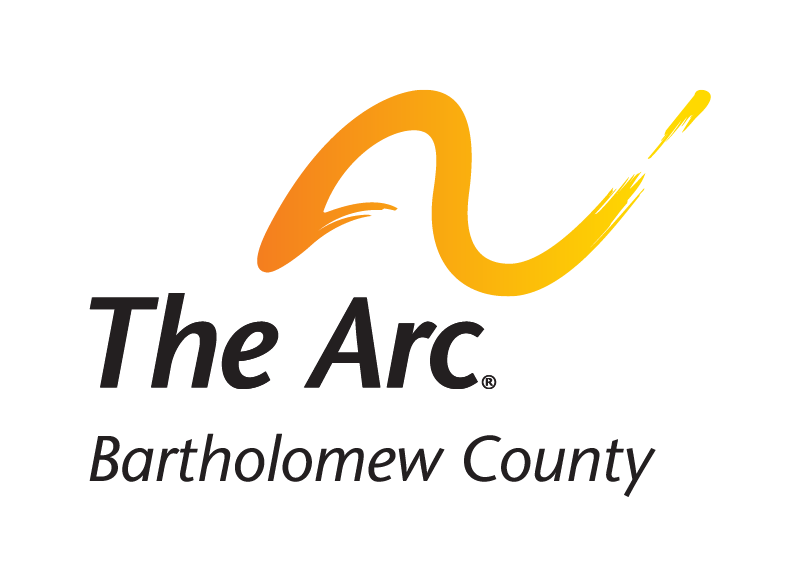The Arc Master Trust
The Arc Master Trust is a pooled special needs trust designed to help individuals with disabilities remain eligible for government assistance programs while enjoying a higher quality of life than would otherwise be possible.
An Introduction to Trusts
At a basic level, trusts are a legal structure that requires a person to act in a certain way or adhere to certain guidelines for acting. While it’s common to associate trusts with wealthy individuals, there are many situations where individuals with more modest assets may benefit from using one or more trusts.
When learning about trusts, it’s beneficial to understand who is involved with the creation and management of the trust as well as who gets to benefit from the assets held in the trust. Each of these individuals has a specific title, which are as follows:
Beneficiary: The individual or group of individuals who receive a benefit from the assets held in a trust is called the trust's beneficiary or beneficiaries.
Trustee: The person or group required to administer the trust is called the trustee.
Grantor or Settlor: The person who creates the trust is called grantor or settlor.
Types of Trusts
There are many different reasons someone might choose to use trusts, like beneficial tax treatment or asset protection. Given the complexity of the legal system, many different types of trusts have been created and used over time. The specific types discussed here relate to a group of trusts known as special needs trusts. These trusts are designed to help individuals with disabilities remain eligible for government programs while also being able to maintain a higher quality of life than the programs usually allow.
Special Needs Trust
The special needs trust is a relatively common financial tool for individuals with disabilities who are receiving benefits from a government program like Medicaid or Social Security Disability Insurance (SSDI). As the dollar value of a person’s assets increases, it becomes more complicated to remain eligible for those programs. By using a special needs trust, a person may be able to continue receiving public assistance while also enjoying a higher quality of life than recipients are typically able to have.
Unfortunately, special needs trusts can be difficult to create and manage. In certain circumstances, though, they may be worthwhile to establsh. Lawyers who specialize in disability law can help a family determine if a special needs trust makes sense given a person and their family's assets and other relevant factors.
While special needs trusts are still in use today, many individuals with disabilties can get similar or enhanced benefits by using a newer financial tool called an Achieving a Better Life Experience (ABLE) Account. For those who would benefit from the use of a trust, but may wish to avoid the difficulty of managing its complexities, another type of trust can be used: a pooled special needs trust.
Pooled Special Needs Trust
One of the benefits of special needs trusts is its ability to be administered by someone other than the beneficiary. A Pooled Special Needs Trust takes this benefit one step further by allowing a group of individuals or an organization to act as the administrator or trustee of the special needs trust. Additionally, there may be benefits from having pooled or grouped resources for investment purposes.
A pooled special needs trust keeps a record of the amount of money a person contributes to the trust and money that’s earned from investments made by the trust. These are called subaccounts and they allow the beneficiary to get the benefits of a special needs trust while also simplifying management of the trust.
For example, the trustee for a special needs trust may find it difficult to continuing managing the beneficiary's money for the rest of his or her life. With a pooled special needs trust, this burden is managed by full-time professionals. Just like a special needs trust, the purpose of a pooled special needs trust is to allow an individual to be able to use a greater amount of assets than would typically be allowed while receiving benefits from one or more government assistance programs.
The Arc of Indiana Master Trust
The Arc of Indiana created a pooled special needs trust called The Arc of Indiana Master Trust, often shortened to The Arc Master Trust. This trust, known as The Arc Trust I was established in 1988. The laws at this time did not allow a beneficiary to add his or her own assets to a pooled special needs trust, so contributions were limited to gifts from individuals or their estates. Since these contributions must come from a third party, this type of trust is sometimes called a third party trust.
A few years later, in 1995, a change in laws allowed trust beneficiaries to add their own money to pooled special needs trusts. This new law allowed The Arc of Indiana to create a new trust called The Arc Trust II. These trusts, since contributions come from the beneficiary, are also known as first party trusts.
Both trusts are in operation today, can be opened without minimum deposit requirements, and even allow beneficiaries to review their subaccounts through an online portal called INtrust. The Arc Master Trust website provides additional details about each of these trusts, how they can be used, and other useful information. The following sections will describe how to enroll in The Arc Master Trust and how to contact The Arc Master Trust team for more information.
Opening a trust with The Arc Master Trust
The team at The Arc Master Trust have taken steps to make opening a Trust I or Trust II subaccount as simple as possible. The steps include signing an agreement for the type of trust being opened. This agreement is called a joinder agreement and contains information The Arc Master Trust needs to set up the trust subaccount. Additional documentation may also be required before enrollment is complete.
Next, an enrollment fee is needed to cover the administrative costs of running The Arc Master Trust organization and handling the paperwork. Finally, if the account is going to be funded at the same time it’s opened, then a check with the intial deposit will also be needed.
While these are the basic steps needed to open each type of The Arc Master Trust, additional details can be found on The Arc Master Trusts’s Enrollment Process page.
The Arc Master Trust Contact Information
There are a variety of ways to get in touch with the team at The Arc Master Trust. In addition to the ways mentioned below, tou can also submit a message to the team on the contact page of their website.
Website: https://www.thearctrust.org
Mailing Address: The Arc of Indiana Master Trust, P.O. Box 1547, Indianapolis, IN 46206
Toll-Free Phone Number: 800-382-9100
Local Phone Number: 317-977-2375
Fax Number: 317-977-2385
The Arc Master Trust’s office hours are weekdays, Monday through Friday, 8:30 a.m. – 5:00 p.m. The office is closed on holidays.
Additional Resources
Additional Resources from The Arc of Bartholomew County

